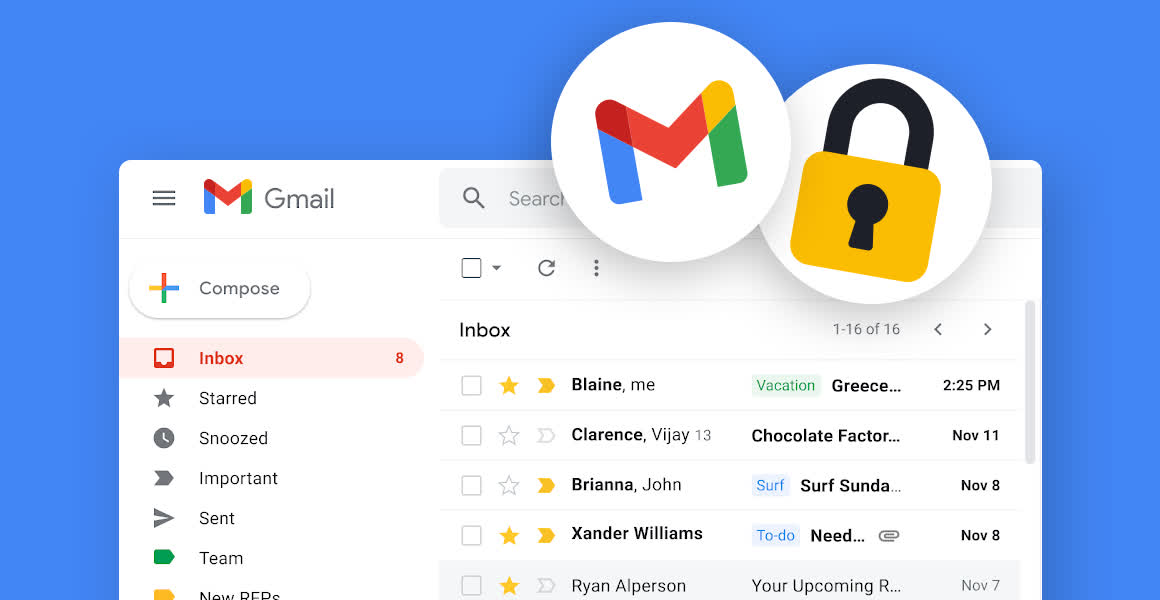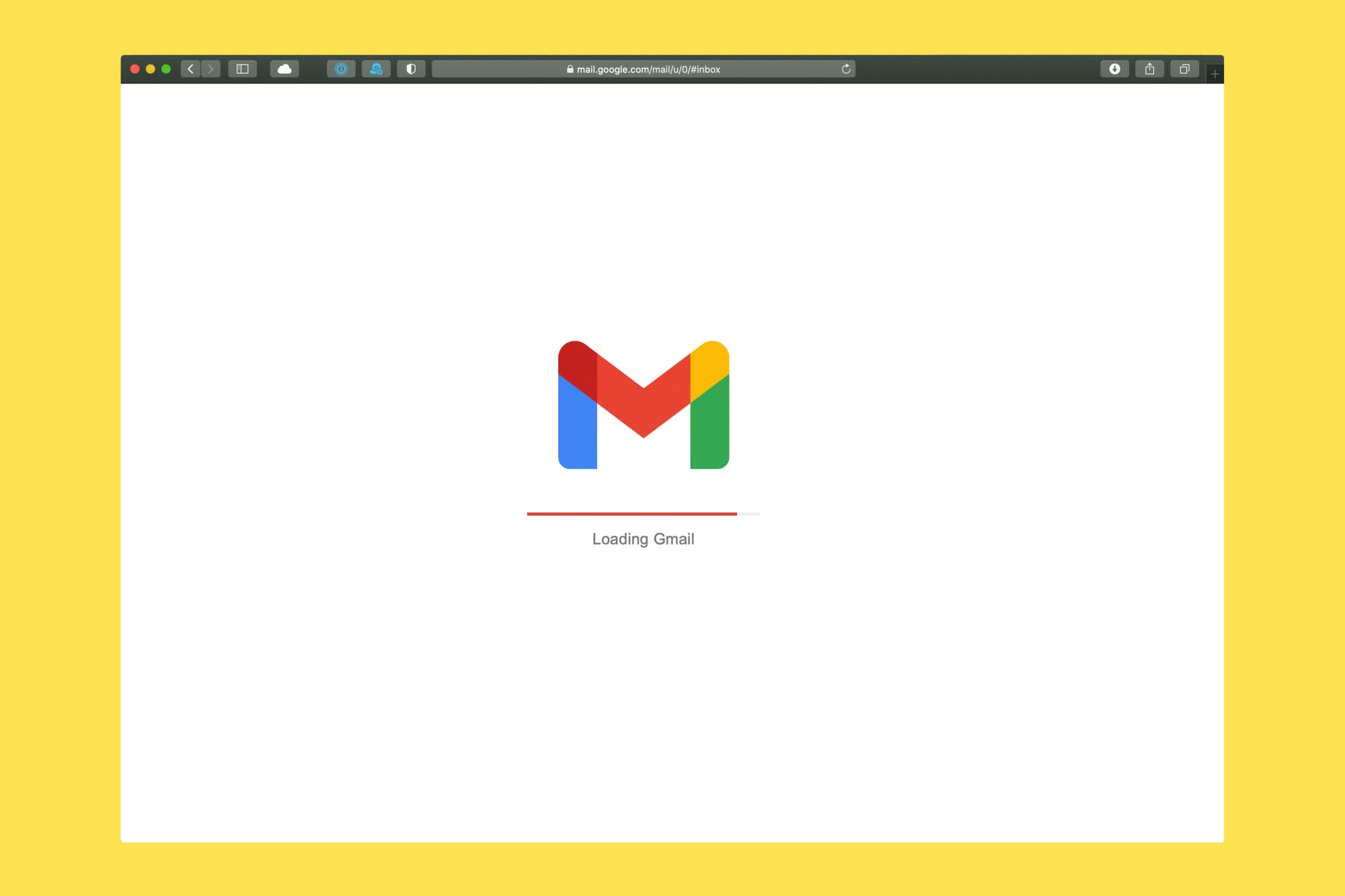In context: Modern email platforms have become increasingly effective at keeping spam messages at bay. Gmail, the world's most popular email service by a significant margin, is particularly adept at this task, and it may soon become even better.
Even with the effectiveness of filters and the widespread use of open standards like OAuth for delegated access, some users still struggle with spam. Fortunately, Gmail may soon add a new tool to its anti-spam arsenal. A recent report from Android Authority suggests that Google is working on a feature called "Shielded Email," designed specifically to protect users from online tracking and data breaches.
The Shielded Email option was discovered in a recent release (24.45.33) of Google Play Services, a proprietary package that Google installs on licensed Android devices for background service management. Android Authority later found the Shielded Email option within the OS "Autofill" settings, though the link currently leads to a blank page.
Shielded Email will allow Android users to easily create an "email alias" – a fake email address that forwards to a real Gmail address. This alias could be used for accessing untrustworthy websites or receiving one-time messages from people you've just met, whether for work or personal purposes.

The real Gmail address will remain hidden, but emails sent to the alias will still be delivered to the inbox. The alias acts as a middle ground between real email addresses and disposable ones, offering the convenience of managing all messages through a single email service or app.
While disposable email services typically offer a range of alternative domain names to enhance privacy, it's still unclear whether Shielded Email will include this feature. If spam becomes an issue, it appears that mail forwarding between the alias and the real Gmail address can be turned off.
The Shielded Email option seems like a valuable addition to Android and Gmail, offering a useful privacy feature for both consumers and enterprise users. However, there's a possibility that it could be part of one of Google's limited testing campaigns, with no guarantee that the feature will become available to users in production.
Notable third-party services that offer alternative anonymous mail forwarding solutions include SimpleLogin (now owned by Proton) and AnonAddy.
